Rhodes Scholarships Applications 2023 are now open . Apply Now

THE RHODES SCHOLARSHIP FOR SOUTHERN AFRICA
Covering South Africa, Botswana, Lesotho, Malawi, Namibia and eSwatini (formerly Swaziland)
INFORMATION FOR CANDIDATES – for selection for 2023 only
(This Memorandum cancels those issued for previous years)
Background Information
The Rhodes Scholarships, established in 1903, are the oldest international scholarship programme in the world, and one of the most prestigious. Administered by the Rhodes Trust in Oxford, the programme offers over 100 fully-funded Scholarships each year for full-time postgraduate study at the University of Oxford in the United Kingdom – one of the world’s leading universities. Rhodes Scholarships are for young leaders of outstanding intellect and character who are motivated to engage with global challenges, committed to the service of others and show promise of becoming value-driven, principled leaders for the world’s future. The selection criteria are:
- Academic excellence – specific academic requirements can be found under ‘Eligibility Criteria’ below.
- Energy to use your talents to the full (as demonstrated by success in areas such as sports, music, debate, dance, theatre, and artistic pursuits, including where teamwork is involved).
- Truth, courage, devotion to duty, sympathy for and protection of the weak, kindliness, unselfishness and fellowship.
- Moral force of character and instincts to lead, and to take an interest in your fellow human beings.
Please see the Scholarships area of the Rhodes Trust website for full details: www.rhodeshouse.ox.ac.uk/scholarships/the- rhodes-scholarship/
1. Closing Date
Applications must be submitted online by 23:59 SAST, Monday, 01 August 2022.
2. Countries, regions and schools
Scholarships in Southern Africa are distributed as follows:
a. South Africa-at-Large Scholarships: You should apply to the Regional Selection Committee in whose area you permanently live or in which you have received, or are currently receiving, any considerable part of your education. All successful candidates from Regional Selection Committees (except for KwaZulu-Natal as explained below), are sent to the South Africa-at-Large Selection Committee, for the final round of interviews. The South Africa-at-Large Selection Committee selects successful candidates.
There are four regional Selection Committees, namely:
- Eastern Cape and Free State;
- KwaZulu-Natal;
- Gauteng, Limpopo, Mpumalanga and North-West; and
iv. Western Cape and Northern Cape.
- KwaZulu-Natal Scholarship: You may apply for the KwaZulu-Natal Scholarship if you live permanently or have
received, or are receiving, a considerable part of your education in KwaZulu-Natal (KZN). The KZN Selection Committee may select one successful candidate each year, and also acts as a Regional Selection Committee.
- Botswana, Lesotho, Malawi, Namibia and eSwatini (formerly Swaziland) Scholarship (BLMNS): You may apply to the BLMNS Selection Committee if you fulfil the citizenship or legal residence requirement in one of the mentioned countries. The BLMNS Selection Committee may select one candidate each year.
- Named and partner schools: Former pupils of the four named schools and their partner schools, listed below, may apply for their relevant school Scholarship, or for the South Africa-at-Large (including KZN) or BLMNS Scholarships:
- Diocesan College (Bishops), St Cyprian’s School, St George’s Grammar School, Herschel Girls School, and LEAP 1 School (Langa), (all in Cape Town);
- Paul Roos Gymnasium, Rhenish Girls’ High School and Bloemhof Girls’ High School (all in Stellenbosch);
- South African College School (SACS), Sans Souci Girls’ High School and Rustenburg High School for Girls (all in Cape Town); and
- St Andrew’s College and Diocesan School for Girls (DSG) (both in Makhanda, formerly Grahamstown).
NOTE – For Southern Africa applications, you may only apply to one region or one school.
- Eligibility Criteria
- Nationality/citizenship: You must be a citizen or legal permanent resident of South Africa, Botswana, Lesotho, Malawi, Namibia or eSwatini. Applications from refugees/asylum seekers in South Africa will also be considered in this constituency.
- Education/residency: You must have been resident in South Africa, Botswana, Lesotho, Malawi, Namibia or eSwatini for at least five of the last ten years.
- Age: (i) Upon entry to Oxford on 01 October 2023, you must be at least 19 years old and not have passed your 25th birthday (which means you must have been born after 01 October 1998 and on or before 01 October 2004).
- For older candidates who will have passed their 25th birthday on 01 October 2023, and completed their first undergraduate degree later than usual:
- Candidates must have completed their first undergraduate degree within the last 2 years, i.e. after 1 October 2021*; and
- may not have passed their 28th birthday on 01 October 2023 (which means they must have been born after 01 October 1995).
- For older candidates who will have passed their 25th birthday on 01 October 2023, and completed their first undergraduate degree later than usual:
* A university’s policy determines the date of completion of academic requirement for a degree and this may be different from when a degree is considered awarded by the university or the date of a graduation ceremony. In ambiguous cases, the decision of the National Secretary is final.
- For candidates who are MBBCh or an MBChB graduates, and required to complete their compulsory internship and/or community service:
- Candidates may not have passed their 28th birthday on 01 October 2023 (which means they must have been born after 01 October 1995).
- Candidates should apply either during their second year of internship, or during their community service year, provided that they meet the age requirement above.
- Candidates that can apply in their community service year (without breaching the age requirement in
above) are encouraged to do so.
“Applications for the 2023 Rhodes Scholarships open on 01 June 2022 and close on 01 August 2022. It is an online application process and late applications will not be considered.
Preparation
In your preparation and before submitting your online application, please review the following key documents and links:
- The Rhodes House website (https://www.rhodeshouse.ox.ac.uk).
- It is important that you read the Information Document (attached) carefully, especially the section relating to Eligibility (citizenship/residency, age and academic).
- Please review the Conditions of tenure –https://www.rhodeshouse.ox.ac.uk/files/conditions-of-tenure/ to ensure that you know what courses you may apply for.
- Graduate courses available at Oxford University – to find the required grade for a course, click on the relevant course listed on the link below and select “Entry Requirements”:
- For a guide to international grade requirements, and comparisons between local grading systems and the UK equivalent please consult:International qualifications | University of Oxford. The countries for which specific advice is available are listed in alphabetical order.
- FAQs: https://www.rhodeshouse.ox.ac.uk/scholarships/faqs/
- Useful videos are to be found on the website and here: Why Apply, What on Earth are the Rhodes Scholarships and the Mythbusting Series
Interested candidates are also encouraged to follow the Rhodes Trust social media links for updates:
- Facebook page: https://www.facebook.com/RhodesTrust
- Twitter: https://twitter.com/rhodestrust
- YouTube: https://www.youtube.com/user/RhodesTrust
Selection Criteria
The Rhodes is unlike other postgraduate scholarships. The focus is not just on academic excellence, but includes a wider, holistic range of selection criteria, viz.:
Energy to use one’s talents to the full;
Truth, courage, and devotion to duty;
Sympathy for and protection of the weak; kindliness, unselfishness and fellowship;
Moral force of character;
Instincts to lead and to take an interest in one’s fellow human beings.
Tips for completing the application process
Be prepared and start the application process soonest:
A lot of information needs to be uploaded, so do not leave your application to the 11th hour – start sourcing and scanning the documents you will need, contact potential referees now, do your research into post-graduate courses offered at Oxford Uni in your discipline/s and start working on your CV (using the selection criteria as a guideline of what to include in your two-page CV).
Commence work on the academic and personal statements well ahead of time:
This is probably the most important and hardest section of the application form.
I have enclosed for information two slides prepared by Bomikazi Lupindo (Rhodes Scholar-Elect 2022), which provides an excellent summary and “guide.
In the session we stressed the importance of the Academic Statement and the Personal Statement.
- For the former, you will need to do some “homework” and research into the proposed course of study you wish to pursue at Oxford and why you wish to register for that particular degree. Always have a “back-up” plan and a second option, should you not be accepted for your first choice. (Attached please find a PowerPoint prepared by Rhodes Scholars, Dee Ferrandi, which might assist you on this aspect of the application.)
- When drafting your Personal Statement, applicants need to dig deep and to self-reflect on who they are, what shaped them, and what they hope to achieve in the future for themselves and the broader community.
Some Rhodes Scholars suggest that applicants consider keeping a journal in which they jot down key points they wish to include/ highlight in their personal statement.
Just remember there is no pro forma: the Personal Statement varies from candidate to candidate. You could google a few examples on line, but from what I have seen the selectors look for authenticity, honesty, and want to catch a glimpse of who you really are in the personal statement.
Remember to respond to the prompts for the Personal Statement.
Good luck with this section of the application – I am sending positive, creative, inspiring thoughts your way!
Be yourself, be authentic, be honest and be open
There is no “cookie cutter” for being a Rhodes Scholar. Philip Ziegler (Rhodes Scholar) writes: “the search for the ideal (Rhodes) Scholar is as pointless as it is misguided. It is the glory of the Rhodes Scholarships that their holders excel in an infinite variety of talents and pursuits.”
(Philip Ziegler (2008), Legacy: Cecil Rhodes, The Rhodes Trust and Rhodes Scholarship, page 334)
Successful applicants come from a range of SA universities and disciplines; all walks of life and cultures; an array of schools and socio-economic circumstances; and all are quite “unique”. Rhodes Scholars are diverse, multi-faceted, and each one contributes in his/her own bespoke way to making this world a better place for all. The characteristics they share are their academic excellence, a strong desire to make a difference and impact on the world, the courage and skills to lead, and a proven commitment to the broader community.
Julia Hampton (Rhodes Scholar, Class of 2019), summed up the Rhodes Scholarships perfectly when she wrote:
“Being given the opportunity to come to Oxford on a Rhodes Scholarship to pursue my MPhil in Development Studies has been formative. I feel that the contours of my academic, professional, social and personal life have been stretched and moulded in ways I could not have anticipated. Apart from the enriching sanctuary and dynamic, fiery community that Rhodes House has become for me in my time here so far, my sociable and creative St Antony’s college community and my engaged class and department, have made this experience a highlight of my life so far. For one thing, as a result of these myriad influences, I feel that the sense of possibility of the contribution I can make in South Africa, and my sense of the kind of life I want to lead more generally, has evolved since being here. I encourage anyone, and everyone, to apply. There are no rules, norms or prescriptions for being a Rhodes Scholar other than a feisty spirit, critical mind and open heart.”
Choose your Referees carefully
- Start talking to potential referees now. Seek people who know you well rather than high profile referees who do not know you.
- You require three Academic referees (note: your school principal and/or high school teacher do not qualify as academic referees); and one Character referee (a pastor, employer, family friend, a school principal or high school teacher who knows you well would all make suitable character referees).
- Referees are generally busy people so approach them early. Make a phone call or an appointment to meet with your referees, either in person or via Zoom, soonest; provide them with the Rhodes guidelines for referees and a copy of your CV; and stress the deadline for submission.
- It is the responsibility of applicants to follow up with their referees to ensure that they submit their confidential letters online, on or before 15 August. (Tip: send your referee an Outlook meeting request, as a reminder to submit the letter of reference on 10 August).
Deadlines are non-negotiable
- Applications are completed online only (no hard copies will be accepted); and the deadline for applications is 23:59 on 01 August 2022.
- Referees will need to upload their confidential letters online by no later than 15 August 2022.
- Tip: From 01 June, you can start working on the personal information section, uploading documents required, completing the questionnaire etc. Save this information and add to the form, as and when more information becomes available.
Given that we are heading into winter and that load-shedding is being implemented, please do not leave your submission until the last minute.
We are very happy to engage further with you if you need more guidance or have any lingering questions about the Rhodes Scholarships. Thanks to our panellists, who kindly agreed to share their e-mail addresses with you.
Good luck with your application, drafting your academic and personal statements, and sourcing good referees who will support and add value to your application. We look forward to receiving your submission in due course and wish you every success.”- Beverley Johnson
Studying at Oxford is a wonderful experience! Rhodes Scholars may read for any full-time postgraduate degree at the University of Oxford, subject to the few Rhodes requirements outlined below.
The basic tenure of the Scholarship is two years, subject always to satisfactory academic performance and personal conduct. In certain cases, at the discretion of the Academic Committee of the Rhodes Trust and the Rhodes Trustees, Scholars may apply for a third year of Scholarship to complete the DPhil, see Notes below.
The Rhodes Scholarship is for not less than two years.
Permitted degrees/degree combinations :
- A BA with Senior Status (ie done over two years, rather than the normal three) : Scholars who read for a 2nd BA may not apply for a third year of Scholarship
- A one-year taught Master’s course (MSc, MSt, BCL), followed in the second year by another one-year taught Master’s course (subject to successful completion of the first course) : Scholars who read two consecutive one-year Master’s courses may not apply for a third year of Scholarship
- A one-year taught Master’s course (MSc, MSt, BCL) : Scholars who read for a one-year taught Master’s course may progress to DPhil, and subsequently apply for a third year of Scholarship, subject to the Notes below. This progression is not open to Scholars in the Maths, Physical & Life Sciences Division (see below)
- A two-year MPhil or BPhil (or BCL/MPhil) : Scholars taking the MPhil/BPhil (or the two-year BCL/MPhil route) may apply for a third year of Scholarship to read for DPhil, subject to the Notes below.
- A two-year MSc by research (or MLitt) : Scholars who read a two-year MSc by research may not apply for a third year of Scholarship
- A three-year DPhil : Scholars entering Oxford direct to DPhil follow the same application process for a third year, as described in the Notes below. Please note candidates for a DPhil within the Maths, Physical & Life Sciences Division may not take the Master’s route to DPhil, and must apply to start the DPhil in their first year in Oxford
Exceptions:
- The MFE (Masters in Financial Economics) and the MBA (Masters in Business Administration) : Scholars may only read these degrees in the second year of the Scholarship
- The MPP-MBA or MPP-MFE combination is not available (that is, neither the MBA nor the MFE may be pursued in the second year for those who take the MPP (Masters in Public Policy) in their first year
- The four-year Accelerated Graduate-Entry course in Medicine is not tenable on the Rhodes Scholarship
- Four-year DPhil programmes, eg the Centre for Doctoral Training (CDT) and the Doctoral Training Centre (DTC) programmes. Scholars may pursue these programmes only if alternative funding is obtained for the final (4th) year of the programme. Interested Scholars or applicants should contact : registrar@rhodeshouse.ox.ac.uk before applying.
Notes on the discretionary third year of Scholarship
Scholars may apply to progress to DPhil via a one or two year Master’s degree. Interested Scholars will be required to make a competitive application, in their first or second year, demonstrating a sound academic rationale and a clear academic plan. The proposed doctoral thesis must be clearly an outgrowth of work done in the Master’s course, since beginning a wholly new topic inescapably leads to unfunded overruns. Decisions on progression to DPhil are made at the discretion of the Academic Committee of the Rhodes Trust. The Academic Committee will look for outstanding academic performance, combined with a strong rationale for DPhil, in the context of intended career path. Progression to DPhil is therefore a competitive process, and should not be taken
DETAILED CONDITIONS OF TENURE OF THE RHODES SCHOLARSHIP
for granted. Admission to the DPhil is also based on meeting the conditions placed on a DPhil offer by your Department/Faculty. The DPhil rarely makes sense for a Scholar who intends a terminal professional or other degree.
Scholars who take the Master’s route to DPhil should expect to spend at least four years in Oxford. The total University fee liability for any Scholar progressing to DPhil from a Master’s course (one-year or two-year) is four years (12 terms) in total, whereas the maximum duration of full funding (fees & stipend) on the Rhodes Scholarship is three years (nine terms). Please note, therefore, the differing arrangements for Scholars pursuing doctoral work in the four academic divisions at Oxford.
- Humanities Division & Social Sciences Division – Most departments within the Humanities and Social Sciences insist on the Master’s route to DPhil. In view of this insistence, if a Scholar is awarded a third year of Scholarship, the Trust may underwrite the fourth (final) year of fees for Scholars within these two Divisions only. The word “underwrite” is used deliberately. Fourth year fees present a substantial additional financial burden on the Trust and it can only be seen as a funder of last resort for year four. Scholars are expected to make all reasonable efforts to secure alternative funding1 and any access to Rhodes underwriting will be means tested and competitive.
- Medical Sciences Division – From time to time, Scholars opt to take the Master’s route to DPhil within the Medical Sciences Division (subject to approval of the Academic Committee of the Rhodes Trust, as above). If such a route is approved, fourth (final) year of fees is borne by the Medical Sciences Division, under an arrangement the Trust has with the Division. If a Scholar enters Oxford for a four-year DPhil (under one of the Doctoral Training Centres) the same provision applies.
- Mathematical, Physical & Life Sciences Division – Because direct entry is possible, the Master’s route to DPhil is not open to candidates in the Mathematical, Physical & Life Sciences Division (unless funding for the fourth year comes from other sources1). Candidates within these disciplines should apply direct to DPhil. However, Scholars or candidates interested in a 4-year programme within one of the Centres for Doctoral Training in this Division should contact registrar@rhodeshouse.ox.ac.uk.
PLEASE NOTE: Under no circumstances does the Rhodes Trust pay stipend (living expenses) beyond the third year of Scholarship.
Alternative sources of funding could include self-financing, grants, other external scholarship support, loans or family support. The Rhodes Trust will require appropriate evidence of alternative funding.
The Rhodes Trust reserves the right to vary these conditions at any time without notice. For the latest, definitive,
conditions please see https://www.rhodeshouse.ox.ac.uk/files/conditions-of-tenure.
- Read statement requirements
- Reflect: remember your why
- Experience: gaps identified and how you can bridged them
- Impact on civil society
- What do you have versus what do you still need
- Link to desired course of study
- Course requirements
- Dphil applicants
- Re-read statement requirements
- Writing: avoid repetitions and take note of word count (350)
- Proofread and check requirements
- Time frame: at least one month
23 comments on “Rhodes Scholarships Applications 2023 are now open . Apply Now”
Leave a Reply
Cancel reply
Recent Posts
- Boxer In Need of General Works
- Electrical Assistant Internship (2025)
- Paid Onsite Engineering Internship – Accredited by PTA | Apply Now
- Top-Paid Onsite Engineering Internship 2025 – Gain Hands-On Experience & Career-Boosting Skills (PTA)
- Launch Your Career With The Clicks Youth Employment Programme 2025

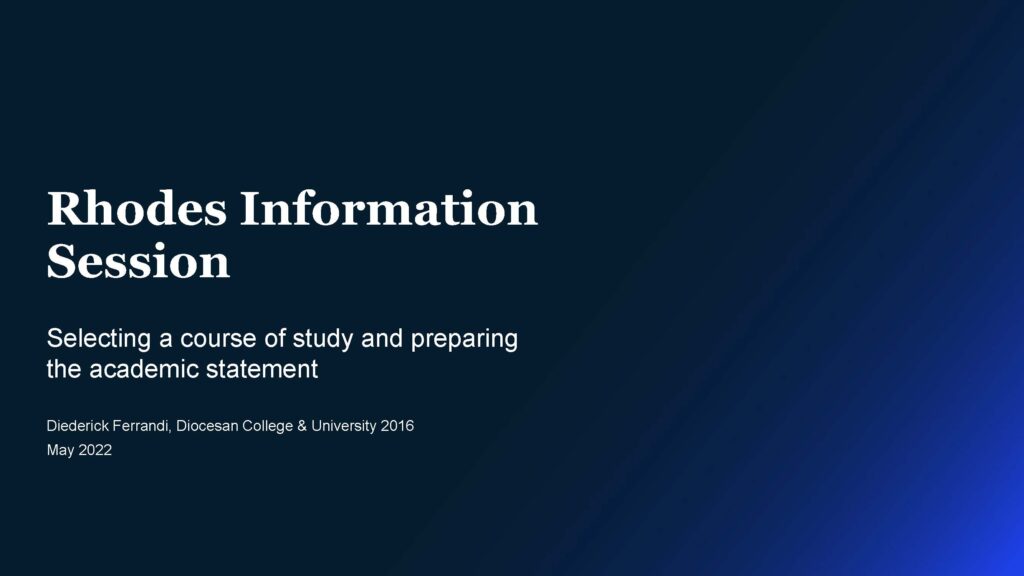
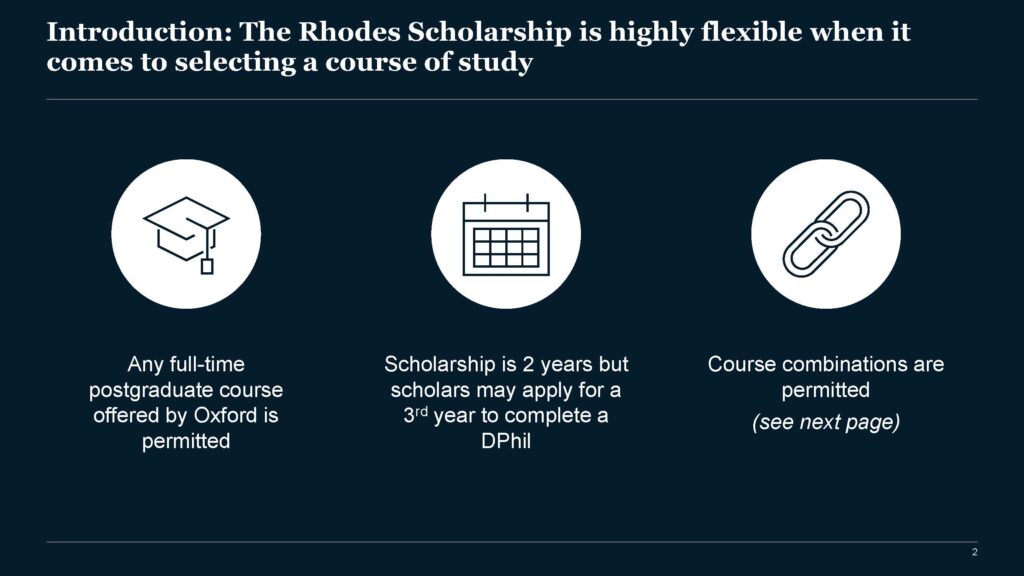
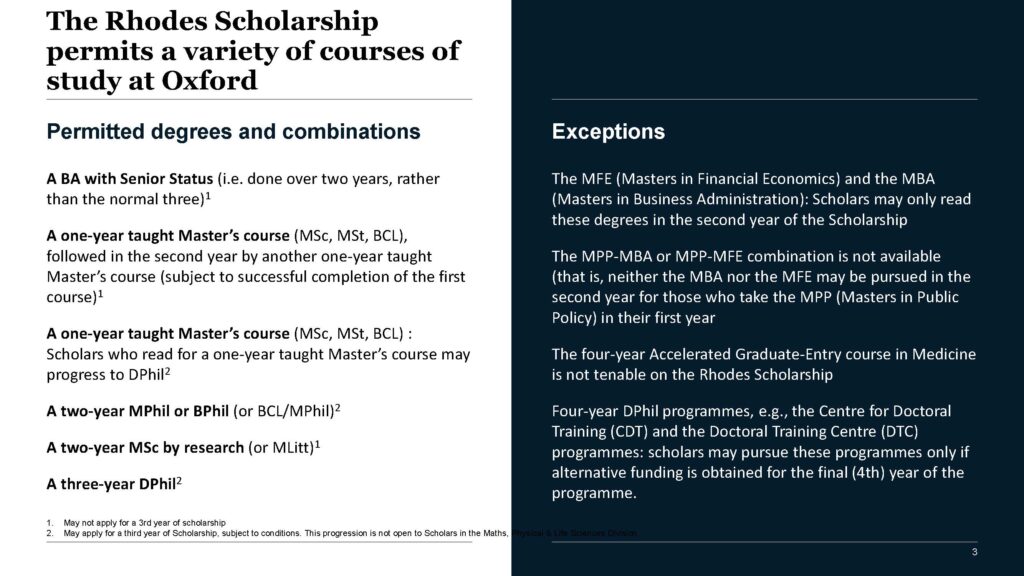
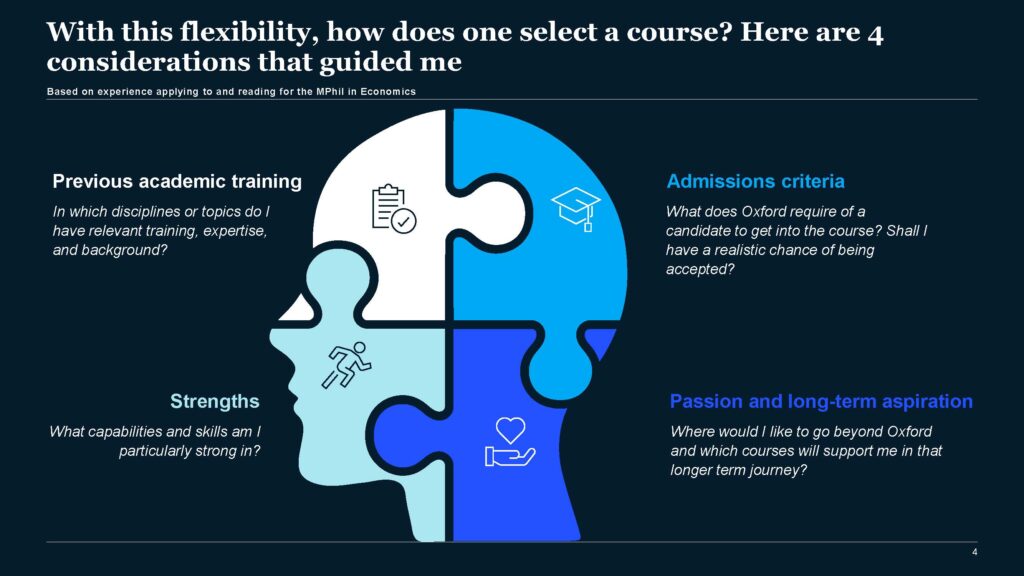
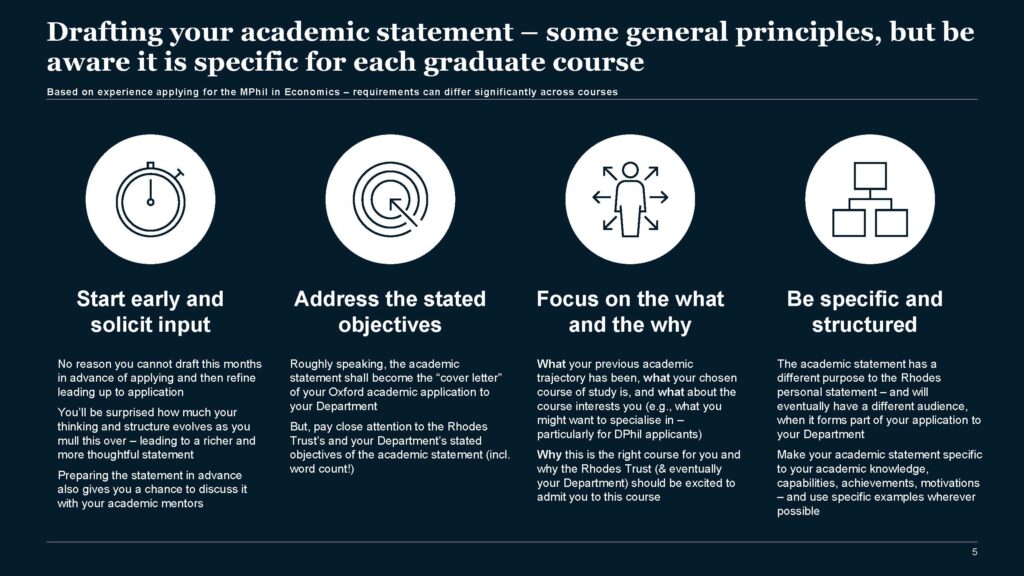
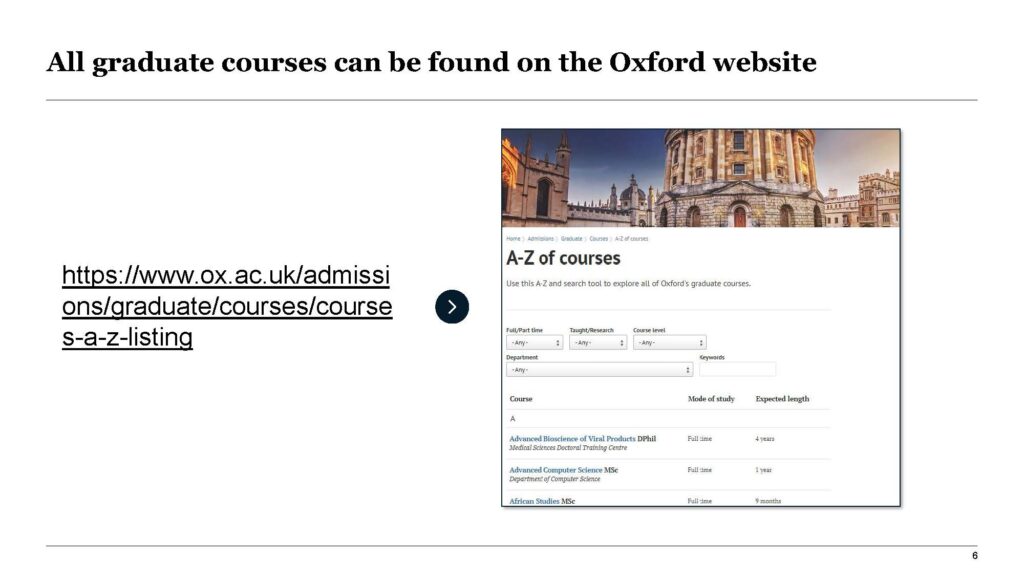
Warning: Trying to access array offset on value of type null in /home/greatqum/public_html/wp-content/themes/astral/inc/theme-function.php on line 21
Cory Pingleton
DremBoxBrasil está online! Os mais diversos produtos, de eletrônico à cozinha!
Warning: Trying to access array offset on value of type null in /home/greatqum/public_html/wp-content/themes/astral/inc/theme-function.php on line 21
Haircuts
I’ve learned quite a few important things as a result of your post. I will also like to convey that there can be situation in which you will get a loan and don’t need a cosigner such as a Federal government Student Aid Loan. When you are getting financing through a conventional creditor then you need to be willing to have a co-signer ready to assist you. The lenders can base their own decision using a few components but the greatest will be your credit score. There are some financial institutions that will likewise look at your work history and determine based on this but in almost all cases it will depend on your credit score.
Warning: Trying to access array offset on value of type null in /home/greatqum/public_html/wp-content/themes/astral/inc/theme-function.php on line 21
Thin Hairstyles
Very good written post. It will be useful to everyone who employess it, including myself. Keep up the good work – for sure i will check out more posts.
Warning: Trying to access array offset on value of type null in /home/greatqum/public_html/wp-content/themes/astral/inc/theme-function.php on line 21
Fine Hairstyles
An added important part is that if you are an older person, travel insurance pertaining to pensioners is something that is important to really look at. The elderly you are, the greater at risk you happen to be for allowing something poor happen to you while in foreign countries. If you are not covered by a number of comprehensive insurance policies, you could have a number of serious difficulties. Thanks for sharing your good tips on this blog site.
Warning: Trying to access array offset on value of type null in /home/greatqum/public_html/wp-content/themes/astral/inc/theme-function.php on line 21
Hairstyles
Yet another issue is that video games are generally serious as the name indicated with the principal focus on learning rather than leisure. Although, there is an entertainment facet to keep your children engaged, every game is often designed to improve a specific expertise or course, such as math or scientific research. Thanks for your write-up.
Warning: Trying to access array offset on value of type null in /home/greatqum/public_html/wp-content/themes/astral/inc/theme-function.php on line 21
Makeup
I’m writing to make you know what a brilliant discovery our princess obtained visiting your blog. She figured out too many pieces, with the inclusion of how it is like to possess an excellent coaching mindset to have other people quite simply completely grasp various complex subject areas. You really surpassed readers’ desires. Many thanks for imparting such valuable, healthy, explanatory and even fun tips about your topic to Julie.
Warning: Trying to access array offset on value of type null in /home/greatqum/public_html/wp-content/themes/astral/inc/theme-function.php on line 21
Interior
I was just looking for this information for a while. After six hours of continuous Googleing, at last I got it in your site. I wonder what’s the lack of Google strategy that do not rank this kind of informative websites in top of the list. Normally the top web sites are full of garbage.
Warning: Trying to access array offset on value of type null in /home/greatqum/public_html/wp-content/themes/astral/inc/theme-function.php on line 21
HVAC Cleaning
Your articles are very helpful to me. May I request more information?
Warning: Trying to access array offset on value of type null in /home/greatqum/public_html/wp-content/themes/astral/inc/theme-function.php on line 21
Dryer Vent Cleaning
May I request more information on the subject? All of your articles are extremely useful to me. Thank you!
Warning: Trying to access array offset on value of type null in /home/greatqum/public_html/wp-content/themes/astral/inc/theme-function.php on line 21
Hair Cuts
Your articles are extremely helpful to me. Please provide more information!
Warning: Trying to access array offset on value of type null in /home/greatqum/public_html/wp-content/themes/astral/inc/theme-function.php on line 21
Bob Hairstyles
Thank you for being of assistance to me. I really loved this article.
Warning: Trying to access array offset on value of type null in /home/greatqum/public_html/wp-content/themes/astral/inc/theme-function.php on line 21
The Air Ducts
Thank you for sharing this article with me. It helped me a lot and I love it.
Warning: Trying to access array offset on value of type null in /home/greatqum/public_html/wp-content/themes/astral/inc/theme-function.php on line 21
Air Duct Cleaning
You helped me a lot with this post. I love the subject and I hope you continue to write excellent articles like this.
Warning: Trying to access array offset on value of type null in /home/greatqum/public_html/wp-content/themes/astral/inc/theme-function.php on line 21
account gold ira
You detail some passionate arguments.
Warning: Trying to access array offset on value of type null in /home/greatqum/public_html/wp-content/themes/astral/inc/theme-function.php on line 21
I Fashion Styles
I enjoyed reading your piece and it provided me with a lot of value.
Warning: Trying to access array offset on value of type null in /home/greatqum/public_html/wp-content/themes/astral/inc/theme-function.php on line 21
Long Hairstyles
Your articles are extremely helpful to me. May I ask for more information?
Warning: Trying to access array offset on value of type null in /home/greatqum/public_html/wp-content/themes/astral/inc/theme-function.php on line 21
Dryer Vent Cleaning
Can you write more about it? Your articles are always helpful to me. Thank you!
Warning: Trying to access array offset on value of type null in /home/greatqum/public_html/wp-content/themes/astral/inc/theme-function.php on line 21
Assist Hub
HelloYou have created a website, but it is not attractive to visitors.Maybe you need help?To get started, you need a good template. Templates can be found here -> https://assist-hub.com/wordpress-themesHelp with setting up WordPress, writing content for the site, and SEO can be found here -> https://assist-hub.com/fiverrPlugins will help you quickly set up your site, they can be found here -> https://assist-hub.com/wordpress-pluginsHigh-quality images give your site a heartfelt touch, making it unforgettable. You can find them here -> https://assist-hub.com/stock-imagesThis will help you start earning faster with the help of these sites.
Warning: Trying to access array offset on value of type null in /home/greatqum/public_html/wp-content/themes/astral/inc/theme-function.php on line 21
Find Fix It
You’ve the most impressive websites.
Warning: Trying to access array offset on value of type null in /home/greatqum/public_html/wp-content/themes/astral/inc/theme-function.php on line 21
benefits of a gold ira
I ‘m sure that you might be trying to play it safe with your post, but please understand that the unpopular lines of thinking can encourage awesome debate when argued with respect..and it IS your page so allow your “take” be King here!
Warning: Trying to access array offset on value of type null in /home/greatqum/public_html/wp-content/themes/astral/inc/theme-function.php on line 21
Beauty Fashion
I have read several good stuff here. Definitely worth bookmarking for revisiting. I wonder how much effort you put to make such a great informative website.
Warning: Trying to access array offset on value of type null in /home/greatqum/public_html/wp-content/themes/astral/inc/theme-function.php on line 21
Mens Hairstyles
After study a number of of the weblog posts on your website now, and I truly like your manner of blogging. I bookmarked it to my bookmark web site listing and might be checking back soon. Pls check out my web site as properly and let me know what you think.
Warning: Trying to access array offset on value of type null in /home/greatqum/public_html/wp-content/themes/astral/inc/theme-function.php on line 21
Haircuts
You could certainly see your skills within the work you write. The arena hopes for even more passionate writers like you who are not afraid to say how they believe. Always go after your heart.